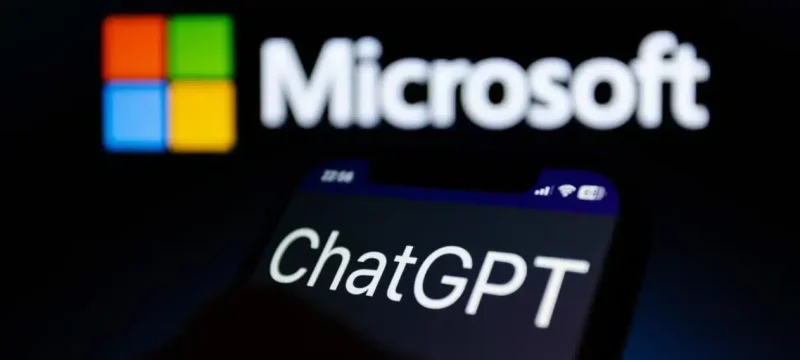Microsoft has achieved a significant advance by launching Phi-1, its newest language model, which includes an astonishing 1.3 billion parameters.
In contrast to the commonly held belief that larger models produce better results, Microsoft’s approach emphasises the quality of the training data. Phi-1 has achieved higher performance by meticulously curating a “textbook-level” dataset, outperforming GPT-3.5, which comprises 100 billion parameters.
Read more : CEO of ChatGPT Wants AI Regulations to Prevent Potential Risks
Because of its outstanding performance, the Phi-1, which uses the Transformer architecture, has received a lot of attention. The use of eight Nvidia A100 GPUs accelerated the training process, allowing it to be completed in four days.
Microsoft’s strategy emphasis on enhancing training data quality rather than just expanding the parameter count has produced excellent results. In comparison testing, Phi-1 got a stunning accuracy score of 50.6%, outperforming GPT-3.5’s performance of 47%, despite GPT-3.5 containing a whopping 175 billion parameters.
Microsoft plans to open-source Phi-1 on the HuggingFace platform, increasing accessibility and encouraging collaboration. This phase increases the likelihood of participation and contribution to this language model.
It’s worth mentioning that Microsoft earlier created Orca, a smaller language model with 13 billion parameters. Orca was trained on synthetic data with GPT-4 and outperformed ChatGPT in terms of performance.
With Phi-1, Microsoft challenges the widely held idea that higher stack sizes are required to get improved performance in language models. By emphasising training data quality, Phi-1 has demonstrated excellent accuracy, exceeding even larger models.
Microsoft’s decision to open source Phi-1 demonstrates the company’s commitment to pushing the frontiers of natural language processing and fostering progress in the field.









